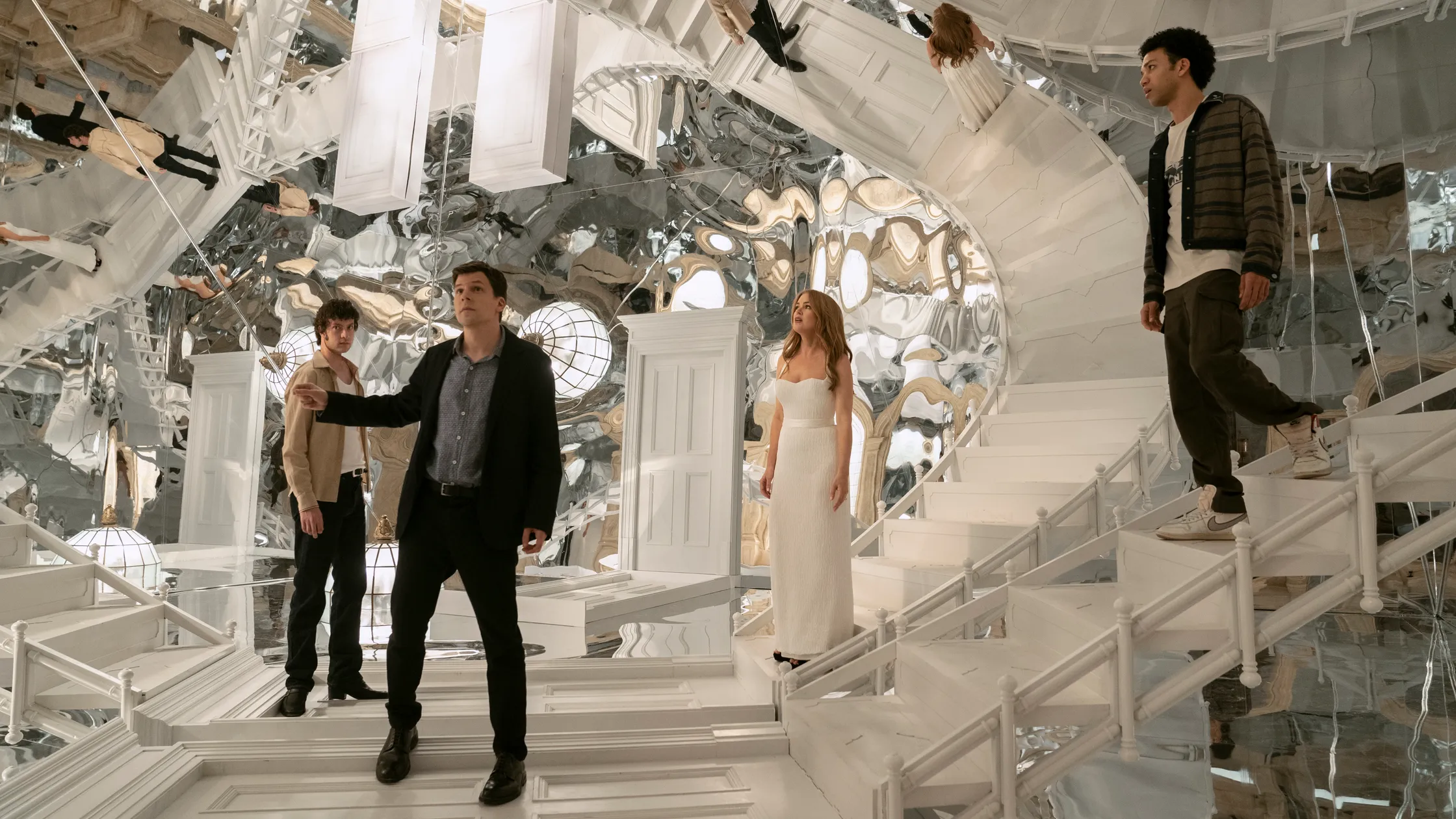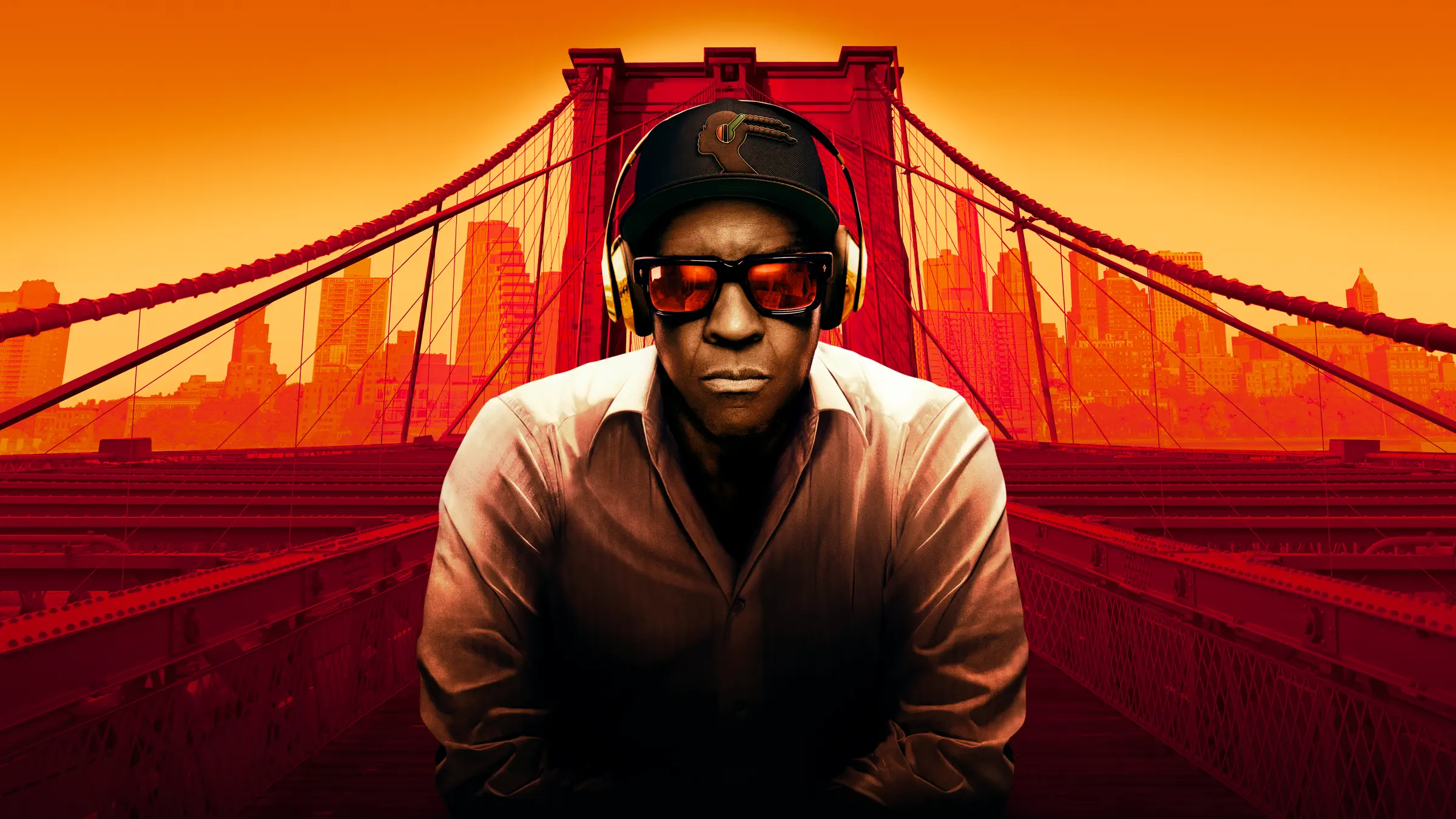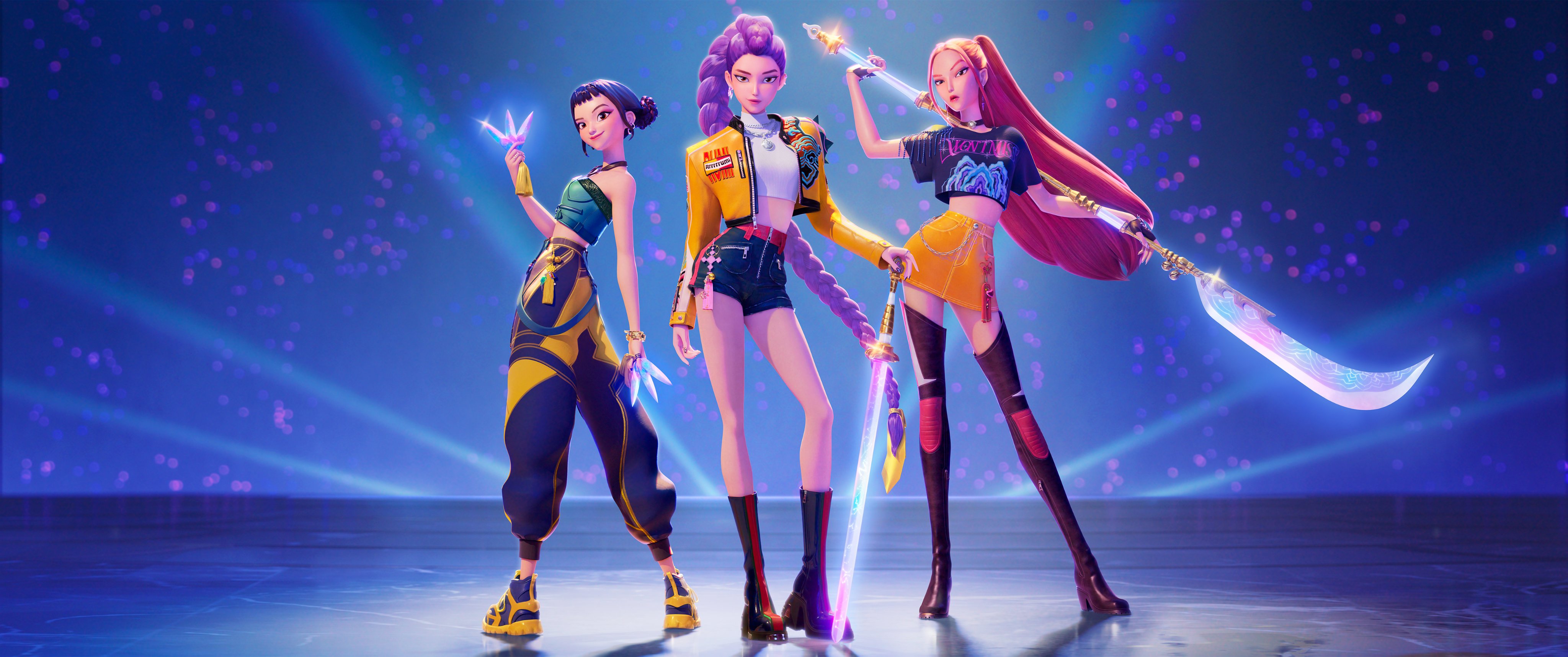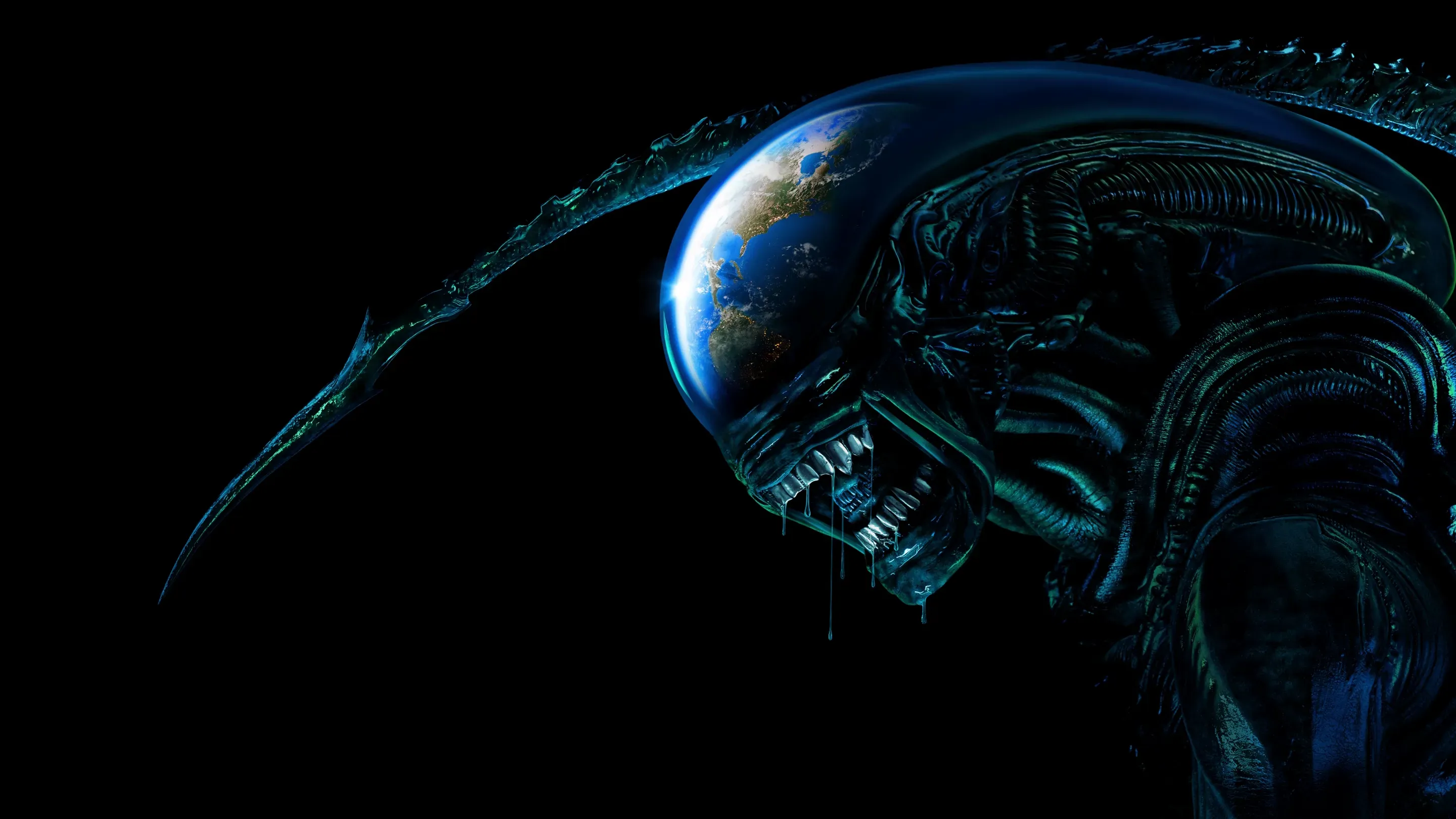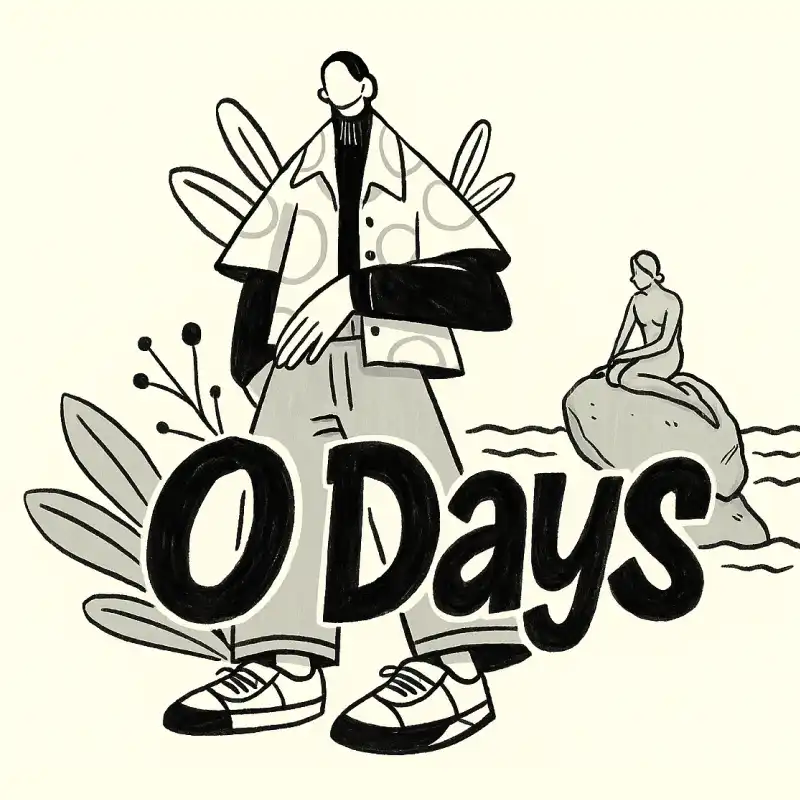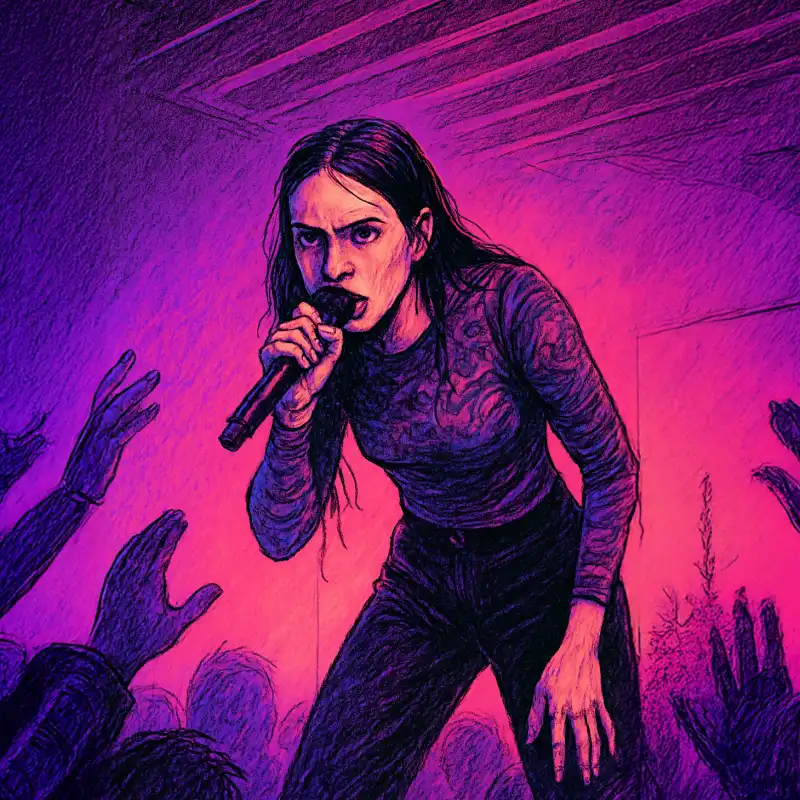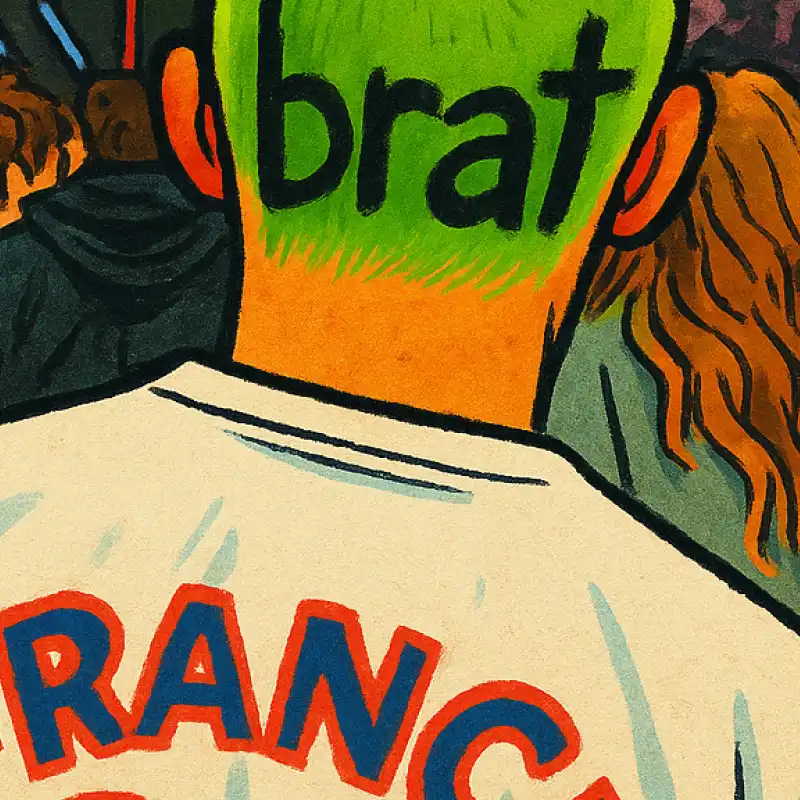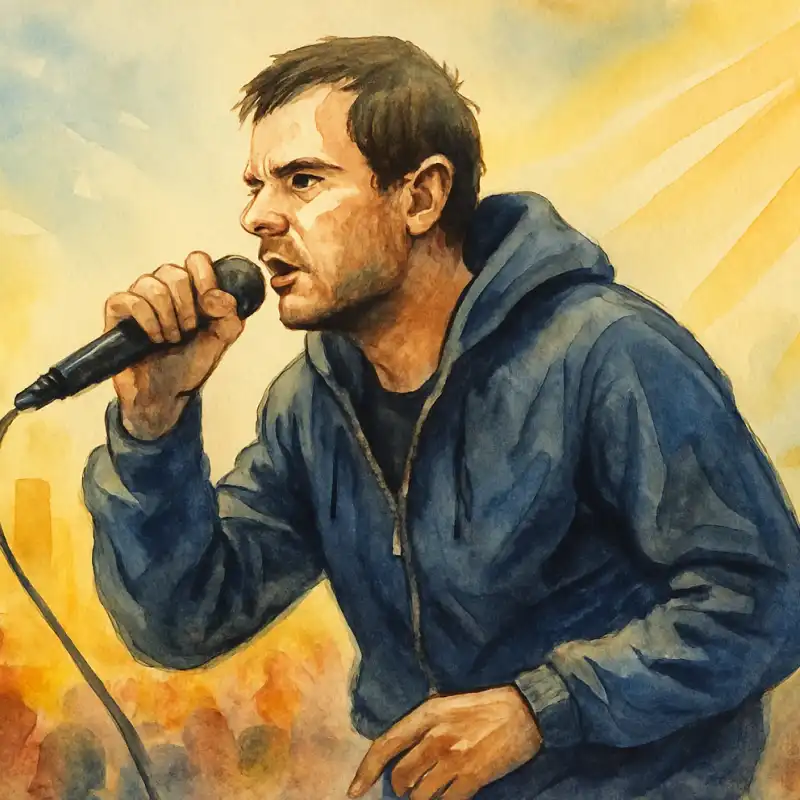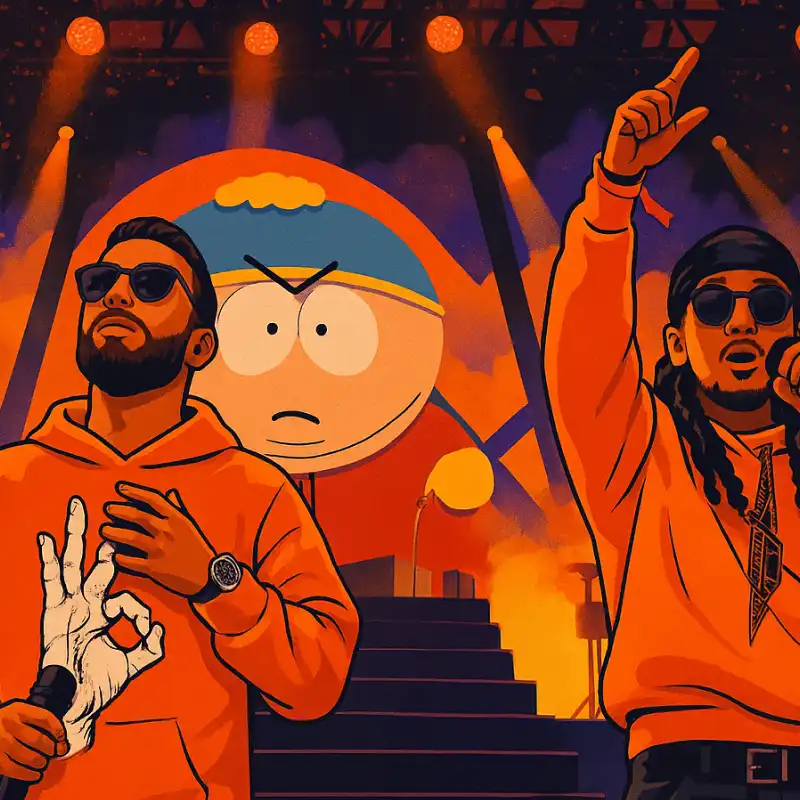If season one hit like a syringe-tipped stab to the heart, season 2 feels more like a limp slap with a wet dishcloth. HBO takes hold of Part 2's complex narrative, but ends up with a season that's too short, too hasty and afraid of its own darkness.
One star
Two stars
Three stars
Four stars
Five stars
Disclaimer: Apropos Magazine received access or a review copy. As always, we share our own impressions — unfiltered.
Six stars
For us gamers -- including undersigned ones -- season 2 has constantly lurked on the horizon like a ticking fan bomb. We know what's in store and where it's going. Parte 2 was hailed by many as a masterpiece, but there also exists another camp -- where I stand -- that never bought the premise of Abby. Her story, however well-intentioned and ambitiously told, never landed. It felt too long, too calculated -- and ultimately too emotionally distant.
And how then should this be turned to the TV series level?
Episode 1 opens strongly. Visually impressive, well-played and with lots of little hints to the darkness that lurks. There is a fondness for the details, and you get the feeling that now it happens. But then it all slowly starts to crumble. The episode significantly embellishes the beginning of the game — we get a hell of a lot of zombies. Does it work? Yes, it does. It's action packed and magnificent. A wise choice to shy away from the game's storyline, which paid off.
And then we come to it: Episode 2. The episode which hardly caused any surprise from players of the game, but nevertheless a “Red Wedding Moment” (Game of Thrones) for those who have not played the game. It's touching, brutal, but you also get the feeling that it's going to be very difficult for the creators of the series to lift it from the first 2 episodes.

Where episodes 1 and 2, after all, manage to establish mood and put the pieces into play, the series henceforth descends into a middle zone where episodes 3, 4 and 5 feel most of all like lines of transport. Not bad -- just flat. There are flashes of potential, but the tempo is strangely unredeemed, and several of the emotional beats feel forced rather than deserved. The series struggles with balancing character development and plot progress, and the middle sections end up as a kind of limbo: not intense enough to be nerve-wracking, and not quiet enough to be emotional. It feels like something is constantly being added up — but the climax is not there.
Episode 6 is, ironically, yet again an episode that — like “Long, Long Time” in the first season — has almost nothing to do with the main story, yet still stands as the season's most touching and well-told chapter. It's beautiful, yes. But it also points to a fundamental problem with the series: When the side stories consistently feel stronger than the main plot itself, then something is off. We should be invested in Ellie. In her grief, rage and search for meaning. But we keep getting it served in bits and pieces which never really stick together.
And the finale -- yes, already in episode 7 -- feels like a brawl with no sound. What in the game was an emotional abyss, in which both Ellie and we, as players, lose something of ourselves, is reduced in the series to stylized melodrama. Important scene? Check. Flashback? Check. But where is the psychological build-up? Where is the unquenchable desperation and self-destruction? It all seems rushed -- as if HBO doesn't dare drag us all the way into darkness, and therefore skips where it hurts the most. And that's right there, The Last of Us must live.
Ellie's path to finding Abby's hangout I remember, from the game, far more nerve-racking and edifying, but here it's being served like a flat draught beer in the summer heat.

The biggest failure, however, is still Ellie. Bella Ramsey does what she can -- she has presence and talent -- but the emotional journey the script sends her on feels artificial. Instead of a slow, brutal transformation, we get explosions of emotion with no build-up. It's like reading the back of a book and being told to cry all over it. The absence of Joel (Pedro Pascal) also makes it's some enormously big shoes to fill.
Conclusion without conclusion
The Last of Us — Season 2 would like to be deep, touching, epic and nuanced. But it feels like a compromise between two worlds: the complexity of the game and the format of the series. The result is a middle ground that lags in trying to balance it all. It will hit right in the heart -- but end up straddling one on the shoulder.




